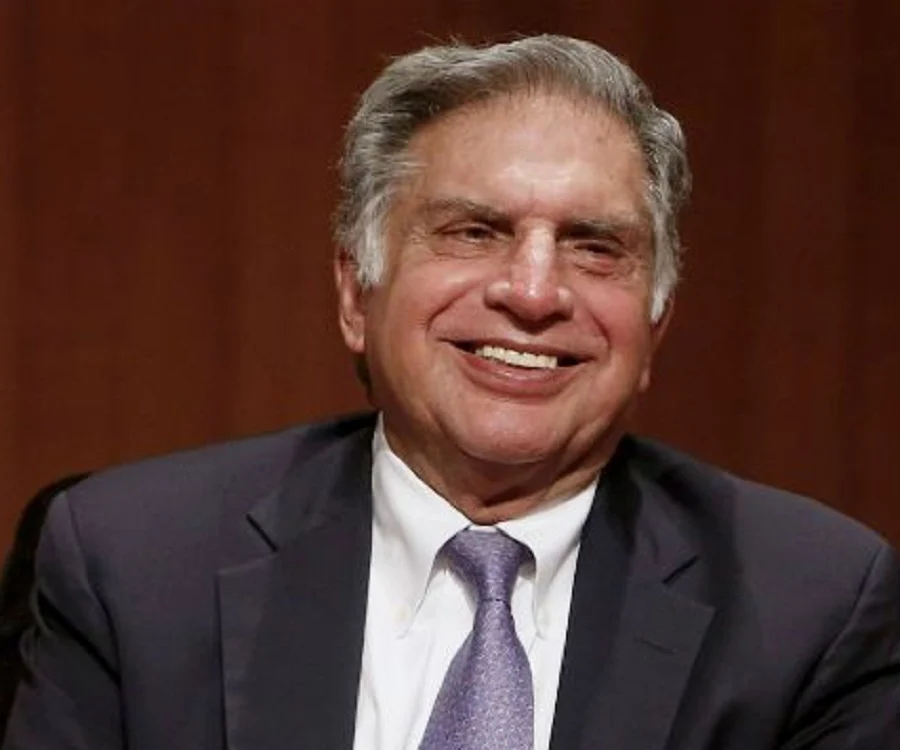KHALID BIN WALID
Khalid bin Walid was born in Mecca, Arabia, around 592 CE. He belonged to the Banu Makhzum clan of the Quraysh tribe, which was one of the leading clans in Mecca at the time. Prior to embracing Islam, Khalid was known for his military prowess and leadership skills.
He initially opposed the Prophet Muhammad and fought against the Muslims in several battles, including the Battle of Uhud in 625 CE. However, after witnessing the strength and conviction of the Muslim forces, he converted to Islam in 627 CE and became one of Muhammad's most trusted companions.
Khalid bin Walid's military career flourished after his conversion. He played a crucial role in numerous military campaigns and conquests during the early Islamic period. Some of his notable achievements include leading the Muslim forces in the Battle of Mu'tah, where he displayed exceptional bravery and strategic skills despite being heavily outnumbered.
He is most renowned for his leadership during the Muslim conquest of Syria. Khalid led the Muslim armies to several victories against the powerful Byzantine Empire, capturing numerous cities, including Damascus, Homs, and Aleppo. His tactics and military strategies contributed significantly to the rapid expansion of the Muslim empire.
Khalid bin Walid's military genius earned him the title of "Saifullah" (Sword of Allah) by Prophet Muhammad himself. He is praised for his ability to adapt to different battle conditions, use of intelligence, and his brilliant command over cavalry. His tactics, including the famous "refused flank" formation, were considered innovative and effective.
Khalid bin Walid's military career came to an end in 638 CE when Caliph Umar ibn al-Khattab relieved him of his command due to political reasons. Khalid retired from active military service and spent the rest of his life in Medina until his death in 642 CE.
Today, Khalid bin Walid is revered as a heroic figure in Islamic history. His military achievements, strategic brilliance, and unwavering commitment to Islam have made him an inspiration for generations. His tactics and leadership are still studied in military academies around the world, and he is remembered as one of the most skilled military commanders in history.


Comments
Post a Comment